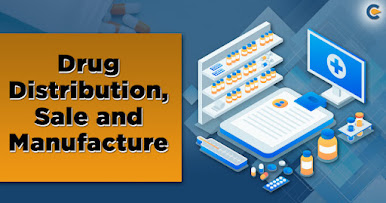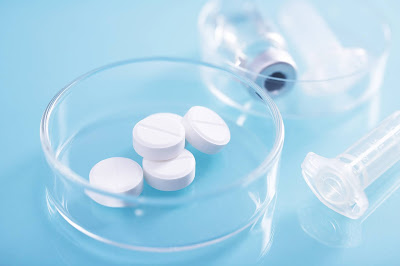Everything You Should Know About Drugs Distributors
Discount drug merchants buy meds straightforwardly from producers. The discount drug merchant thusly offers the prescriptions to drug stores. The United States Food and Drug Administration encourages all customers to approve the licenses of wholesale drug distributors. Each state has a particular organization answerable for authorizing discount drug wholesalers.
This is critical for purchaser security. Without a permit, a wholesale drug distributor might be connected to genuine offenses, including fake remedies and unapproved prescription dispersion. Any sites with slogans like "not a remedy drug store" are probably working without a permit.
There are two fundamental plans of action that arrange wholesale drug distributors. Full-line wholesalers buy an organization's finished product offering. In agreements among makers and merchants, certain prescriptions might be barred. By and large, drug stores make up 75% of merchants' benefits. The other kind of wholesale drug exporter is a specific organization. These merchants buy strength medications to offer to facilities and emergency clinics.
Wholesale drug distributors bring in cash by following a succinct plan of action: purchase prescriptions at low costs in mass, and offer them to clients and drug stores at an expanded market cost. The merchants' pay comes from the distinction between what they paid and what the meds were sold for. The shopper commonly pays the most through the store network, since drug stores additionally need to make a benefit from prescriptions.
In any case, customers are finding that buying straightforwardly from a wholesaler rather than a drug store can reduce their general prescription expenses. Wholesalers actually make a benefit from direct deals, however retail the items to patients rather than drug stores. Since claim to fame drugs make up about 30% of discount income, this plan of action has encountered huge development in the course of recent years.




Comments
Post a Comment